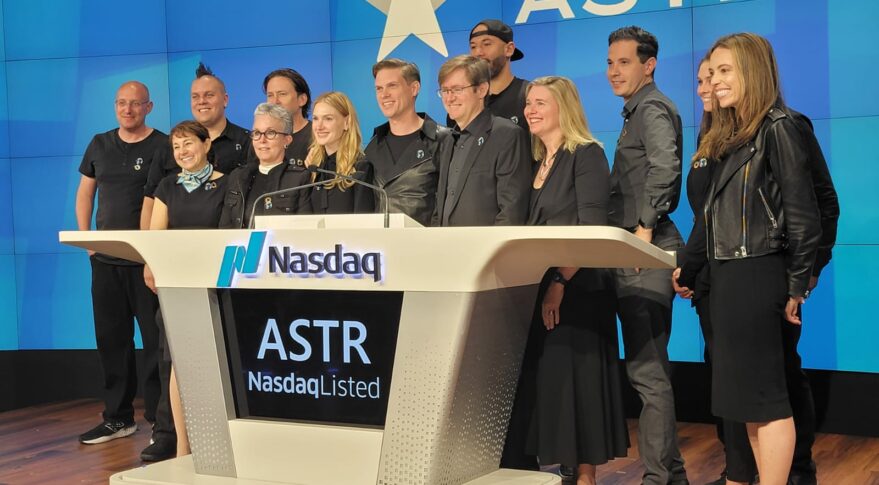Astra Space, the launch company that went public in 2021 at a $2.1 billion valuation, is going private again after months of burning cash and failing to secure alternate investment.
The company announced Thursday that its board had accepted an offer from its CEO, Chris Kemp, and its CTO, Adam London, to purchase the remaining Astra stock at a price of $0.50 per share. The deal is expected to close in the second quarter of 2024, at which time Astra will cease trading on the Nasdaq.
It is a precipitous fall for the company, which raised nearly $500 million from investors on the premise of an ultra-cheap launch vehicle that could be scaled to execute hundreds of missions per year. In an investor presentation from February 2021, Astra touted a “mass produced portable launch system” that could launch from anywhere in the world. The company told investors it anticipated a bi-weekly launch cadence in 2024.
But the company never achieved that (though they did reach orbit once), facing a series of setbacks including an alarming sideways launch anomaly in 2021 and a number of false starts for commercial launches over the years. Kemp’s suggestion that failure rates mattered less the more frequent launches were may also have rattled potential customers.

Image Credits: Astra
At the time Astra completed its SPAC merger it also acquired Apollo Fusion, an electric propulsion developer for spacecraft, with the aim of integrating those systems into an Astra satellite constellation. That constellation never came to fruition, however, and while the company did succeed in selling many Apollo Fusion propulsion systems it has struggled to turn that backlog into revenue.
Things came to a head last November, when Kemp and London proposed to take the company private at $1.50 a share – around double the price the stock was trading at then. After that deal stalled, they submitted the revised offer. A special committee of the board, assembled to review Astra’s options, warned in a filing at the beginning of the month that the only alternative to Kemp and London’s proposal was bankruptcy.

